What is Spinal Decompression Therapy?
Spinal decompression surgery is a procedure aimed at relieving pressure on the spinal cord or nerves. Indications for spinal decompression include herniated discs, spinal stenosis, or degenerative disc disease.This surgery typically involves removing a portion of the bone or disc material to alleviate compression on the nerves. Spinal decompression recovery time can vary depending on the specific condition and the extent of the surgery, but many patients experience relief from symptoms following the procedure.Complications are rare, and the surgery is considered safe and effective in properly selected candidates.
Types of Spinal Decompression Techniques:
- Microdiscectomy: A minimally invasive procedure that removes a portion of a herniated disc to relieve pressure on the spinal nerves.
- Laminectomy: This involves removing a portion of the vertebral bone (lamina) to create more space within the spinal canal, reducing pressure on the spinal cord or nerves.
- Foraminotomy: Focuses on enlarging the neural foramen, the passageway through which spinal nerves exit the spinal canal, to alleviate nerve compression.
- Spinal Fusion: In some cases, spinal decompression may be combined with spinal fusion surgery to stabilize the spine and prevent further degeneration.
Spinal decompression surgery can be performed through various approaches, including minimally invasive techniques and traditional open surgery, depending on the specific condition and patient’s needs.
| Procedure Name | Spinal Decompression |
|---|---|
| Type of Surgery | Minor |
| Type of Anesthesia | General Anesthesia |
| Procedure Duration | 30 minutes to 1 hour |
| Recovery Duration | Brief Hospital Stay |
Spinal Decompression: Pre-Op & Post-Op Care
Preparation: Undergo pre-operative evaluation including tests and medical history review. Fasting may be required.
During the Procedure: Surgery is done under general anesthesia. The surgeon removes compression on spinal nerves and stabilizes the spine.
Duration: Surgery duration varies but typically takes several hours.
Recovery: Monitored post-surgery; hospital stay may be required. Follow the surgeon’s instructions for pain management and activity restrictions.
Post-Procedure Care: Take prescribed medication, keep the incision clean, adhere to activity restrictions, and attend follow-up appointments.
Benefits of Spinal Decompression at Yashoda Hospitals
- Comprehensive Evaluation: Enable early detection and effective management of spinal issues requiring decompression.
- Personalized Treatment Plans: Tailored to your unique spinal decompression needs, based on detailed insights obtained during your evaluation.
- Efficient and Timely Care: Ensure quick diagnosis and prompt initiation of appropriate treatment strategies following spinal decompression operation.
- Continued Follow-Up: Our dedicated medical team ensures optimal recovery and long-term spine health management.









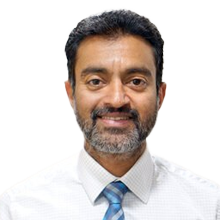















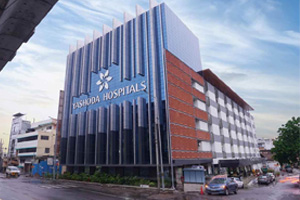
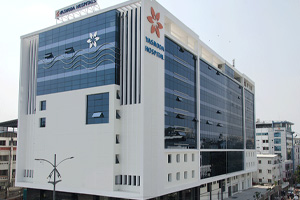
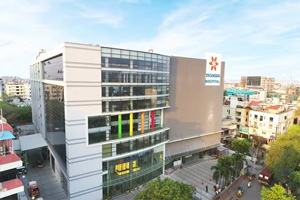
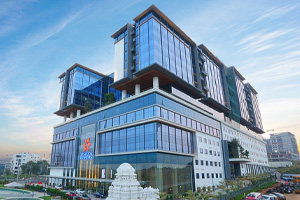
 Appointment
Appointment WhatsApp
WhatsApp Call
Call More
More